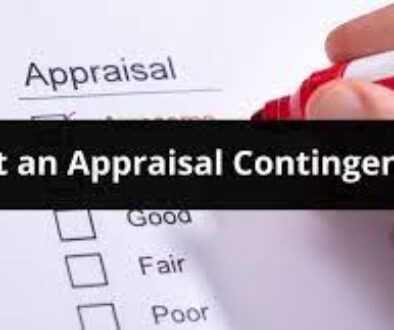Title Insurance
Title Insurance
What Is Title Insurance On A House?
Title insurance is a policy meant to protect home buyers and mortgage lenders from damages or financial losses caused by a bad title due to title defects. Most title insurance policies cover all the common claims filed against a title, including outstanding liens, back taxes and conflicting wills.
Many scenarios can cause a title problem, which can also spoil your legal ownership of a property and make a title “bad,” from code violations to legal complications. You could, for instance, discover after purchasing a property that the seller does not actually have any legal claim to it or that another party is disputing their claim.
How Does Title Insurance Work?
The last thing you want is to put down serious money on a property, only to find that some unexpected issue renders the title invalid. A title insurance policy protects you from that.
If you’re working with a title company, you’re less likely to encounter these problems after the fact, but it still pays to have a policy. Title companies offer policies alongside their title search, the process during which a title company ensures that the seller has the legal right to transfer the title to you. With title insurance, buyers and lenders are protected against any deficit in the title that might cause serious losses.
Now that we have the basics covered, let’s look more closely at the specific types of coverage title insurance policies can provide.
What Does Title Insurance Cover?
There are two types of title insurance: owner’s title insurance and lender’s title insurance. Both provide important protections for different participants in a real estate transaction, and it’s important to be able to distinguish between the two and what they cover.
Owner’s Title Insurance Policy
Most owner’s title insurance policies are purchased as a guarantee against potential hazards. Although optional, an owner’s policy typically protects the home buyer from the most common risks, including:
- Conflicting ownership claims, such as will complications and similar disputes
- Outstanding lawsuits, liens and other encumbrances against the property that invalidate the seller’s legal claim
- Erroneous or flawed public records, including honest mistakes like incorrect signatures
- Outright fraud and/or forgery
- Undisclosed easements or other agreements that may limit the usage or reduce the value of the property
While you don’t have to have an owner’s title policy, it can be an added precaution that gives you a little more peace of mind as a buyer. Even if you’ve hired a title company to research properties, there’s always the chance that something will slide under the radar.
Lender’s Title Insurance Policy
A lender will always require the borrower to purchase a lender’s title insurance policy before obtaining a home loan, and the policy is usually issued by the title company to mark the conclusion of their title search.
The basic functionality is the same as that of an owner’s policy: to protect the lender against potential losses in the event that the seller is not legally able to transfer title rights. The lender is covered up to the loan amount. Only the lender is protected by such a policy, however.
If you end up saddled with back taxes and aren’t personally insured, a lender’s policy won’t protect you, but an owner’s title insurance policy will.
Alternative To A Title Policy: Warranty Of Title
A warranty of title is a guarantee by the seller that they have the legal right to transfer ownership to the buyer and that no one else can lay claim to the property. If it turns out that someone else has a claim on the property, the warranty grants the buyer legal recourse against the seller.
Although many transactions include a warranty of title by default, some don’t. Estate sales, auctions and similar circumstances in which the seller is a representative rather than the owner may not include a warranty of title, because the representative is not aware of any conflicting claims. In such a situation, a home buyer may still want to consider purchasing a title insurance policy.
How Much Is Title Insurance?
Depending on the insurance provider and the state in which you live, title insurance premiums can vary. A policy can cost $500 – $3,500. If the seller is purchasing the owner’s policy, the cost could be factored into the sale of the property.
The insurance process is usually initiated by a third party, such as a closing agent, once the property purchase agreement has been completed. It’s not uncommon for both a lender’s and an owner’s policy to be required by this process to ensure all parties involved are protected. Both policies can be purchased for the one-time fee mentioned.
Can You Lower Your Title Insurance Cost?
Home buyers won’t find a significant change in their title insurance rate in locations where insurance is regulated and has more restrictions, but that isn’t the case in every state. Check your state’s laws to determine how you might lower your title insurance costs.
Do You Really Need Title Insurance?
Although lender’s title insurance is almost always required, an owner’s policy is optional. The consequences of not purchasing the owner’s title insurance can be dire. Should unpaid property taxes, outstanding liens or fines for code violations rear their ugly head after the property has been purchased, then the financial burden will fall solely upon the uninsured homeowner.
Title insurance protects the homeowner for as long as they own the property. But if you’re not able to cover these unexpected costs, then you could be responsible for a lot more than you bargained for.And, if you’re unable to make these new payments, your home could be forfeit to the entity that’s come to collect – all through no fault of your own. The same goes for any complications with the chain of title.Without title insurance, your dream home can very quickly become a nightmare.




